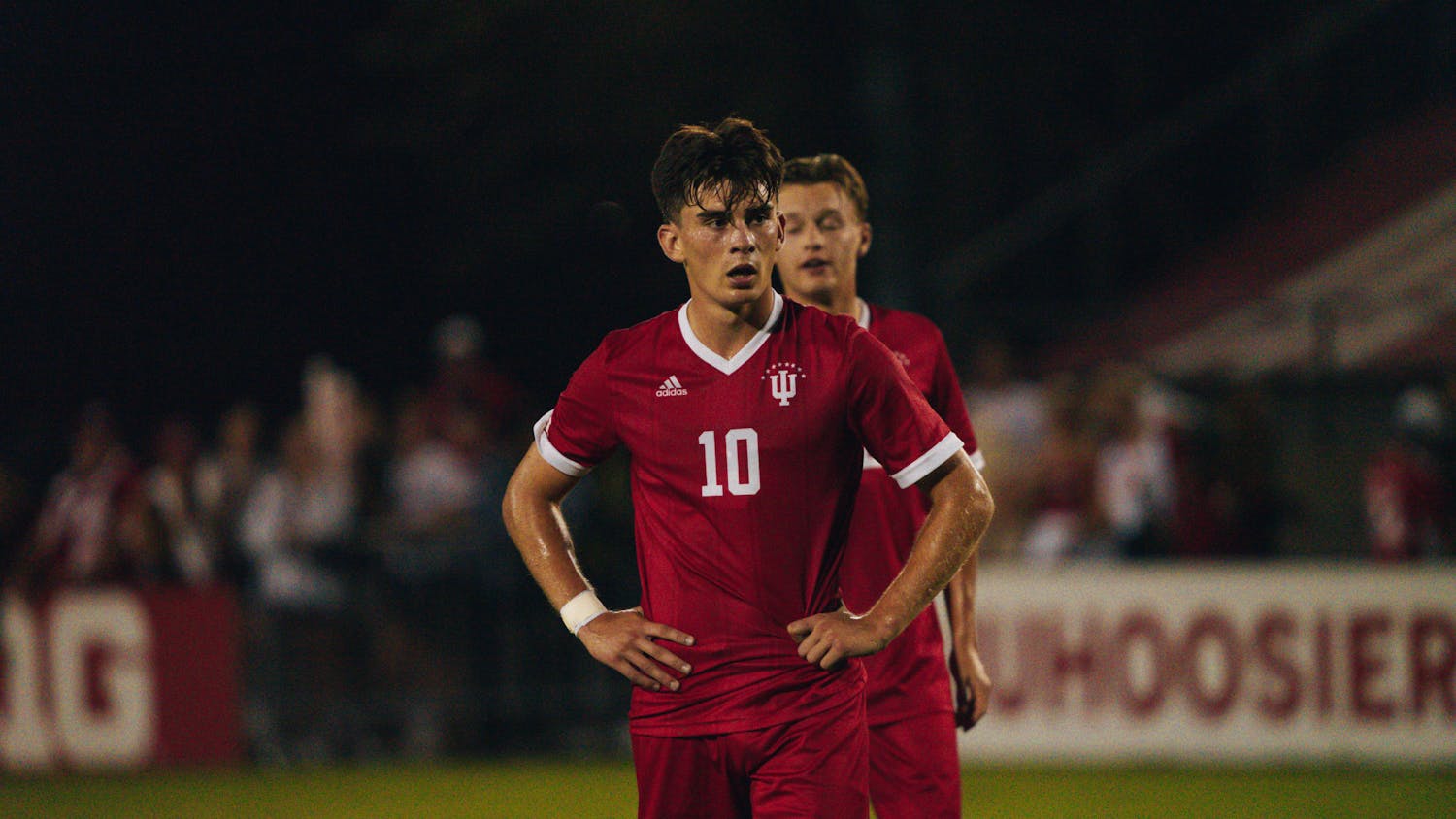The second edition of “Clear The Air” brings in sports psychologist and associate professor in the department of Counseling and Educational Psychology at Indiana University, Jesse Steinfeldt. Steinfeldt has spent the majority of his life in the world of sport, which prompted his interest in the study of men and masculinities. This has allowed him to contribute to some notable insight and awareness about the topic Mina Denny wants to consider in this episode, toxic masculinity within sports.
“There was a personal and professional desire to better understand the dynamics (about male athletes) I’d seen around me, growing up as a high school, college, and professional football, baseball, and basketball player,” Steinfeldt says, when considering all the different factors that play into the social construct of toxic masculinity.
As men develop misogynistic thoughts and conform to the stereotypes that men shouldn’t cry, and that they need to be strong and aggressive in life and in athletics, Steinfeldt explains that these standards allow “toxic masculinity to become a manifestation of some of the negative norms that men are socialized to follow.”
Though male athletes still struggle with following these gender norms in society — and probably still will enduringly — Denny and Steinfeldt unpack some recent cases where prominent men in the sports world have opposed the status quo of patriarchy.
Men in the football community today — Ryan O’Callaghan, Michael Sam, and even IU’s own, coach Tom Allen — are making strides to promote healthier perceptions of masculinity while using their platforms to develop a more open understanding of what it truly means to be a man.
For example Allen’s mantra is “LEO,” an acronym for “love each other.”
“In football you might think, oh love…that’s soft, that’s going to make you a sissy,” Steinfeldt says. “No, it’s understanding that his definition of love is accountability, responsibility and wanting to be engaged with other people.”
Male athletes are beginning to undo what has previously been socially justifiable in sports concerning toxic masculinity behaviors. It takes bravery and resilience in trying to have a more subjective understanding of what’s been expected from them for centuries. Nonetheless, they are now able to reconsider what they truly want to endorse and represent as a man in sport.

Clear The Air: Toxic Masculinity in Sports with Jesse Steinfeldt
More
Jack Edwards
· September 14
Sam Rentsch
· April 21





